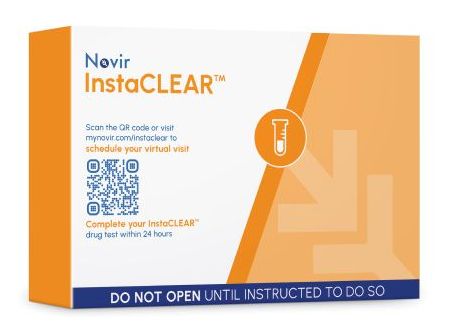It depends. Clearly, if the employee has been terminated, testing is not possible. But what if the employee is sick when the on-site drug test collector arrives or on vacation? For non-regulated (Non-DOT) employers, the decision is up to the employer and the written drug-free workplace policy. However, it is recommended to follow the DOT model for random drug testing to ensure consistency and fairness in the process.
For DOT drug testing, following are the best practices according to ODAPC (Office of Drug & Alcohol Policy & Compliance) when a selected employee is not available.
Best Practices:
- If an employee selected for testing is known to be unavailable during the selection cycle (legitimate extended absence, long-term illness, etc.), document the reason and make-up the rate shortfall by making another selection, or make an extra selection during the next selection cycle.
- An employee is selected for testing but has not received notice since it is his day off, test the employee during his or her next shift within the same selection cycle.
- No employee should be excused from testing because of operational difficulties. See your industry specific regulations and interpretations for legitimate exceptions.
- Once the employee is notified to report for testing and the test does not occur, the opportunity for the random testing is over. There is no second “bite of the apple.”
For instance:
If Max is out sick on the day of testing, the employer should test him within the current selection period instead of selecting an alternate employee. If Max remains absent for the entire selection period, the employer may select an alternate. Alternatively, the employer can make up the shortfall in the next selection period, unless it is the final period of the year. The company must meet or exceed the minimum random testing percentage for the year.
The last bullet point about the second “bite of the apple” deserves special attention. DOT guidelines require an employee to proceed immediately for testing after receiving a random test notification. The test cannot be postponed until the next day or the end of a shift.
The employer determines when to notify the employee. However, once notified, the employee must go directly for testing without delay. If the employee fails to proceed immediately, it counts as a refusal to test.
Random drug testing plays a crucial role in any drug and alcohol testing program, whether regulated or not. It serves as the most effective deterrent against substance use in the workplace. However, inconsistent or improper management of the process reduces its effectiveness.
Properly managed employee drug testing benefits employers and employees alike:
- Saves lives
- Prevents injuries
- Improves productivity
- Helps employers identify workers with substance abuse issues – and gets them help
- Enables employees to easily say no to illegal drug use. (“No, thanks. They drug test at work.”)
- Reduces employer liability
Can employee drug testing be accurate and fair? If it’s not, you’re not doing it right. Get in touch with us to set up drug testing at your workplace.


